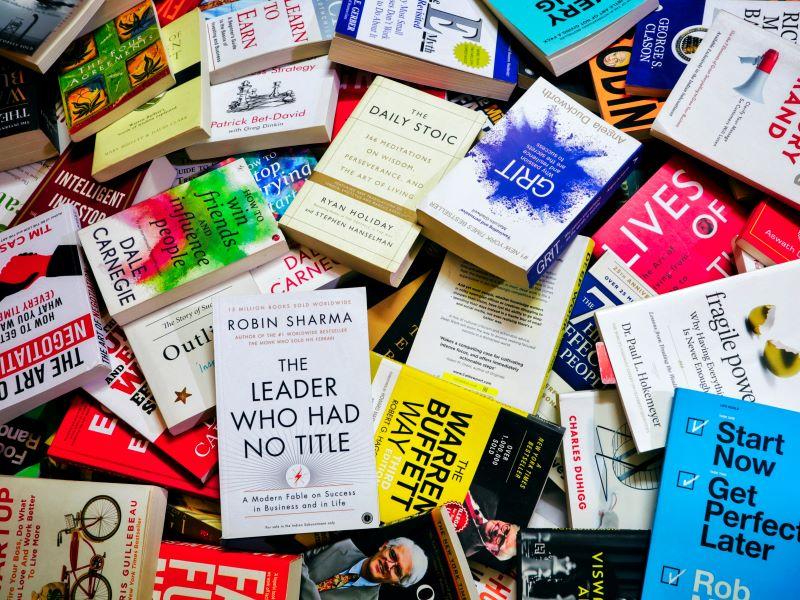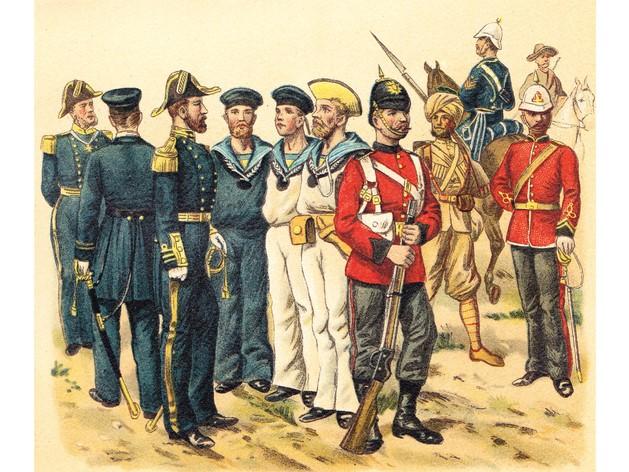Interest in decolonising curricula is growing among university staff and students. An integral aspect of decolonising a curriculum is to decolonise the associated reading lists, which shape how students explore and reference the knowledge, histories, cultures and perspective in their work. Most academic resources are shared by publishers in the UK and US and predominately published in English. However, it is important to understand that decolonisation efforts are not only about diversifying materials by Western-centric authors.
Work focused on decolonising reading lists across science disciplines is limited, especially that led by teachers and students from a global perspective. This could be due in part to the complexity of decolonisation as a concept but also to the disciplines, which require different methods to engage in decolonisation work and debate.
We collaborated with teachers and students from the UK, China, Ghana, Malaysia and New Zealand to review and decolonise the reading list of a public health module using the lens of inclusive pedagogy. This meant creating a safe, supportive and engaging environment for students from different backgrounds to express and debate diverse views.
- Resource collection: Embracing diversity in higher education
- Decolonising your learning resources: representation matters
- Decolonising medicine, part one: taking the first steps
Teachers and students from these countries met online every two weeks throughout the teaching semester to discuss the reading list and how to effectively decolonise it.
Our fortnightly group discussion was divided into two parts. During the first part, we reflected on the reading lists for the previous weeks' lecture topics and discussed if students saw themselves reflected in the resources listed. During the second part of the discussion, we discussed the resources to be included in the decolonised list for the next lecture topics.
The global nature of the project provided an opportunity for participants living very different lives, culturally and geographically, to share ideas. The resulting lessons were then promoted across all our institutions.
We used five steps to review and decolonise the reading list, all of which could be applied across other disciplines.
Step 1: Speak to an academic support librarian
To get started, speak to your academic support librarians and explain your plan to decolonise and diversify your reading lists. These are librarians who work in partnership with university departments to understand their library needs and to communicate what library resources and services are available. They can point you towards useful resources that complement the knowledge and expertise offered by your discipline and courses. They can also make you aware of the diverse materials available in the library. Alongside this, you need to conduct an audit of your existing reading list, looking at how much diversity it offers.
Step 2: Give students guidance and training on reading list decolonisation
Organise an online workshop offering decolonisation training for students to explain the importance of decolonisation efforts and how to use a checklist to decolonise reading lists (see Step 3). In the workshop, introduce the concept of decolonisation related to reading lists, share successful examples of decolonised reading lists, explain the challenges of decolonising a reading list, and discuss the support available to do so. After completing the training, students should recognise that decolonising a reading list involves more than adding resources from ethnic minority, non-male and non-Western-centric authors. A reading list should represent a diverse range of lived experiences, beliefs, viewpoints and perspectives. Students should be empowered with a better understanding of the universality of knowledge and epistemological diversity.
Step 3: Review the current reading list
Once students grasp the importance of decolonising a reading list, ask them to judge how diverse their current reading list is for a given module using a checklist. We used a series of questions with five response options: strongly disagree = 1, disagree = 2, neutral = 3, agree = 4, and strongly agree = 5. A higher score suggests the reading list is highly decolonised and diversified.
Students are asked if:
- you see yourself reflected in the resources included in the reading list
- there is accessibility in the choice of resource formats and range of content and topics covered in the reading list
- the less dominant voices and narratives in your discipline are included in the reading list
- the reading list contains resources published by or from ethnic-minority, non-male, non-Western-centric authors
- the reading list contains resources published in less dominant languages
- the reading list contains a wide variety of media, including blogs, websites, films, open resources, Ted talks, YouTube, TV and radio
- the reading list contains authors from diverse geographical affiliations.
Step 4: Co-create the new reading list with students
Invite students from diverse backgrounds to attend a teacher-and-student discussion for co-creating the reading list. During the discussion, students should be asked to critique the reading list. They are also asked to research and suggest additional resources for inclusion. A reading list reflects the content module and the perspective of the module team curating it, which could potentially introduce a biased and incomplete perspective. By co-creating the reading list with students, students can better see their own identities reflected in the materials and engage in the module.
Step 5: Reflect on the decolonisation practice
After completing their co-creation of the reading list and again at the end of the semester, teachers and students use the DRIVERN model developed by phonetics professor Rachael-Anne Knight to reflect on the decolonisation process:
D: describe your decolonisation work
R: rationale of your decolonisation work
I: impact of your decolonisation work
V/E: verification or evidence for the impact of your decolonisation work
R: self-reflection on your decolonisation practice
N: plan your next decolonisation work.
Thoughts for the future
This project provided a chance to reflect on our broader decolonisation pedagogy and specifically how to effectively engage students from around the world to participate in decolonising reading lists. We have since reflected on how to embed our work on decolonising reading lists into the curriculum and align this to assessment and feedback strategies that better support inclusion and diversity in the classroom. This work has created a space for more decolonisation conversations with a global perspective among teachers and students. Involving students in decolonising reading list increases their sense of belonging within the curriculum, especially among racially minority groups, which may ultimately help to close awarding gaps and promote inclusion.
Zheng Feei Ma is senior lecturer in public health, and Kim Duffy is quality, governance and enhancement portfolio lead, both in the School of Health and Social Wellbeing at the University of the West of England (UWE Bristol). Juming Shen is associate professor and head of the Learning Institute for Future Excellence at Xi’an Jiaotong-Liverpool University. Anne Foley is senior lecturer in criminology at the University of the West of England (UWE Bristol). Frank Ekow Atta Hayford is senior lecturer at the University of Ghana.
If you found this interesting and want advice and insight from academics and university staff delivered direct to your inbox each week, sign up for the THE Campus newsletter.




comment